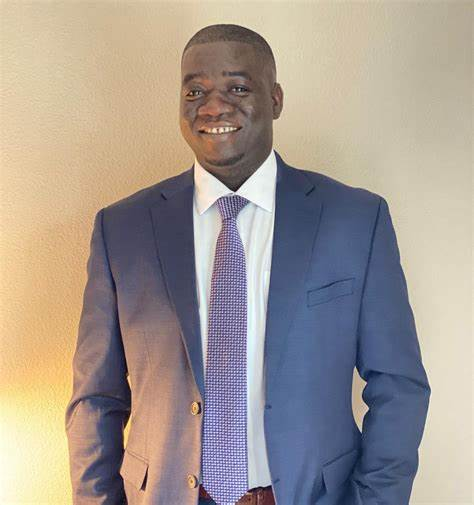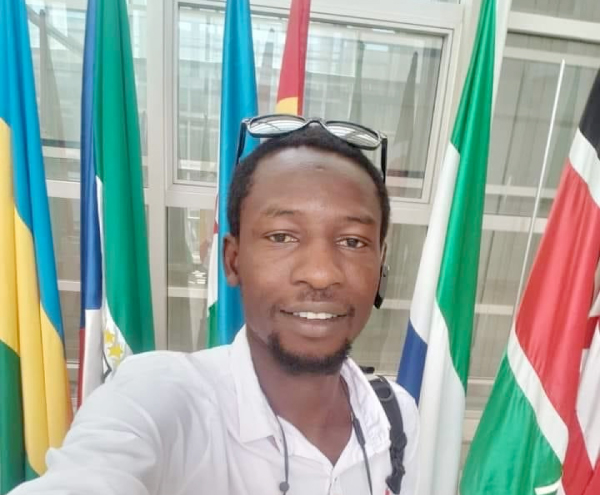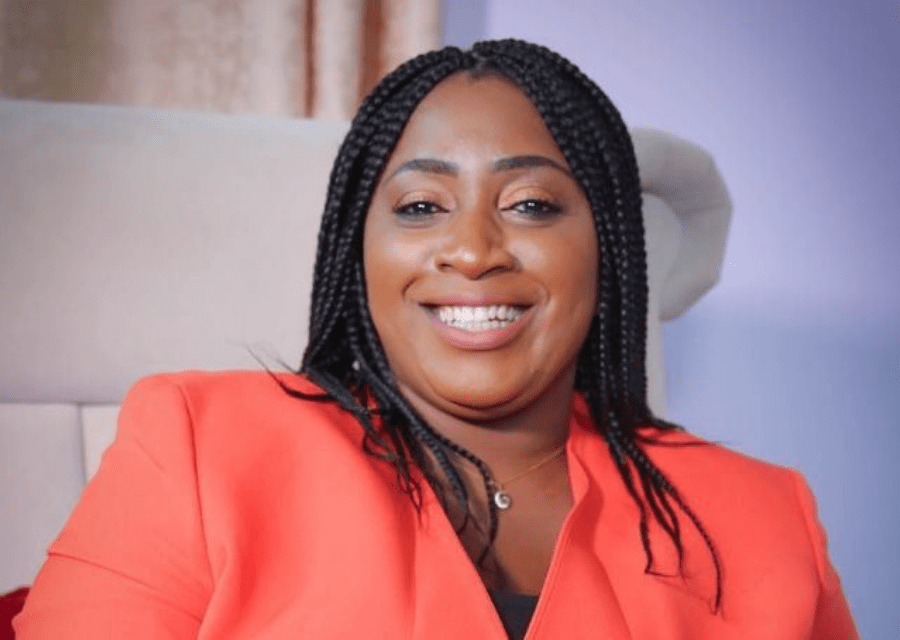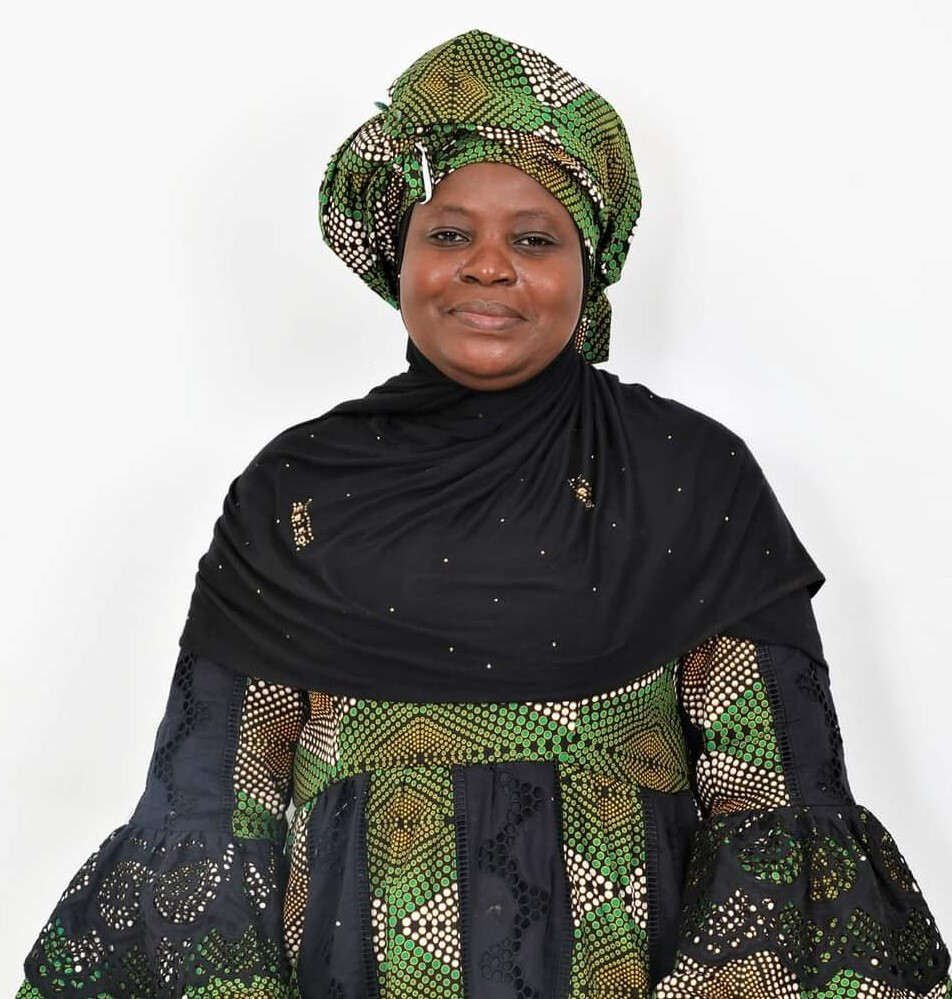By Arfang Madi Sillah, Washington DC
Journalism, at its best, is the art of speaking truth to power. At its worst, it is the craft of manufacturing melodrama under the guise of revelation. There is no profession that benefits more from the indulgences of society while simultaneously being so allergic to its responsibilities. In the unwritten code of journalism, there exists a sacred covenant: publish with conviction, defend with evidence, and if error emerges, face the consequences with grace and dignity. The history of the press, particularly in Britain, is awash with tales of daring headlines and audacious defiance, but always anchored by an unshakable commitment to accountability. Journalism, after all, is not a profession for the fainthearted; it is a trade that courts peril with every printed word. Yet, the boldness to publish must be matched by the willingness to defend, and where necessary, the humility to admit fault. To seek refuge in public charity to underwrite one’s missteps is not only undignified but a betrayal of the principles that elevate journalism to its vaunted role as the Fourth Estate.
The recent controversy involving The Alkamba Times is a stark illustration of journalism at its weakest—a moment that could have reinforced the importance of accountability has instead become an egregious display of evasion. For those unfamiliar with the case, The Alkamba Times, a Gambian newspaper, published allegations suggesting that Minister Rohey John Manjang accepted D150,000 from the sale of a mahogany tree. Serious accusations, to be sure, but ones that demand unimpeachable evidence to withstand scrutiny. Instead of standing by its reporting or retracting the claim, the paper has resorted to crowdfunding its legal defence, invoking the tired banner of defending “press freedom” to solicit public sympathy. One might argue that the only thing more scandalous than the original claim is this audacious attempt to avoid accountability by offloading its costs onto the public.

This strategy is as cynical as it is cowardly. What The Alkamba Times fails to grasp—or refuses to acknowledge—is that the very foundation of press freedom rests on the twin pillars of accountability and independence. To publish is to risk; to accuse is to provide evidence. Without these safeguards, journalism becomes indistinguishable from idle gossip, with devastating consequences for public trust. It is no coincidence that societies with strong, independent media also enjoy higher levels of institutional credibility. The inverse is equally true: a press that shirks accountability is a press that forfeits its credibility.
The British press, infamous for its audacity, offers instructive lessons. In 1993, The Sun published a salacious and entirely fabricated story about Elton John, accusing the superstar of hiring rent boys. The result was a libel suit that cost the tabloid £500,000—a financial blow that could have crippled a lesser institution. But The Sun did not turn to its readers for help. It bore the penalty, understanding that the privilege of a free press comes with the responsibility to pay for its errors.
Similarly, The News of the World, Fleet Street’s infamous scandal sheet, collapsed under the weight of its phone-hacking scandal. Lawsuits poured in from celebrities, politicians, and even ordinary citizens whose privacy had been violated. The damages ran into the millions, and the paper eventually closed. Yet, even as it imploded under the weight of its own corruption, the paper never sought public charity to mitigate its fall.
One of the oldest lawsuits against the British press further underscores this tradition of accountability. In 1907, Alfred Harmsworth’s Daily Mail faced a legal challenge over its inflammatory reporting on the Boer War. Harmsworth, a pioneer of mass-market journalism, understood the high stakes of his sensational approach. When the courts ruled against him, the Daily Mail absorbed the financial blow. Harmsworth’s actions reflected an unspoken truth: credibility is the lifeblood of journalism, and to beg for public sympathy in the face of failure is to forfeit that credibility.
The Gambian context, unfortunately, seems to be charting a more lamentable course. Recall The Voice Newspaper, which published unverified allegations against President Adama Barrow. When sued for defamation, it launched a crowdfunding campaign, portraying itself as a martyr for free speech. The public, eager to support an independent press, donated generously. Yet, when the case was settled out of court, donors were left without transparency or refunds. This debacle not only exposed the lack of accountability at The Voice but also damaged public trust in the Gambian media as a whole. A free press cannot afford such breaches of faith.

This troubling pattern extends to other cases as well. Kemeseng “Kexx” Sanneh, a journalist with Foroyaa, allegedly fabricated a kidnapping story, claiming he was abducted and dumped at a cemetery by unknown individuals. Police investigations, however, revealed that Sanneh had spent the night at home with a marabout as part of a fraudulent ritual. Despite the gravity of this misconduct, neither Foroyaa nor the Gambian Press Union (GPU) held Sanneh accountable. Instead, sympathisers, particularly Gambians in the diaspora, launched a GoFundMe campaign, painting him as a victim of press persecution. This incident, like many others, undermined public trust in the media while shielding unethical behaviour.
Kerr Fatou, another online platform, was embroiled in a defamation case involving former Agriculture Minister Omar Amadou Jallow (OJ). The platform published baseless claims accusing Jallow of colluding with a businessman to sell government fertilizer, prompting him to file a lawsuit for reputational damage. Rather than defend its reporting with evidence or issue a retraction, Kerr Fatou framed the legal challenge as an assault on press freedom, soliciting public donations for its defence. The case was eventually settled out of court, but the lack of transparency regarding the alleged funds raised further exposed the platform’s disregard for accountability.

Equally troubling was the conduct of Fatou Touray of Kerr Fatou and Fatoumatta Drammeh of Paradise TV, who breached Gambian law by allegedly publishing unauthorised details from the Children’s Court proceedings in the case of Samsudeen Phatey v. Neneh J. Thompson. Despite the legal and ethical violations involved, both individuals pleaded not guilty and garnered widespread support from media sympathisers. These incidents underscore the alarming trend of media personalities masquerading as journalists without adhering to professional standards, further eroding trust in the Gambian press.
In a nutshell, Hon. Rohey John Manjang’s steadfast stand is not only courageous but essential for setting a precedent that reckless reporting shall no longer go unchallenged.
The era of weaponized half-truths and sensationalist tactics must end, lest public trust in the media erodes irreparably. Hon. Rohey John Manjang’s case, therefore, is more than a private grievance. It is a clarion call for higher standards and a reminder to journalists that freedom of the press must walk hand in hand with a duty to the truth. A judicial verdict, or even an out-of-court settlement, will not suffice. What is needed is an industry-wide introspection and reform to safeguard the dignity of both journalism and those it purports to hold to account. Let the record show: Gambians deserve a press that informs, not misleads—a press that elevates discourse, not degrades it. Hon. Rohey John Manjang deserves commendation for her boldness in defending her reputation against an alleged smear campaign.

In a media landscape increasingly defined by sensationalism over substance, her decision to pursue legal redress is not merely a personal matter but a public service. Reckless journalism has no place in any society, and it is incumbent upon those in positions of power to hold such practices accountable—not out of vengeance, but to preserve the sanctity of truth and professionalism.
Conclusion
Freedom of expression demands responsibility. The Gambian media must uphold ethical standards and stop exploiting public goodwill. Accountability and rigorous reporting are non-negotiable for a credible press. Crowdfunding, when used appropriately, can be a lifeline for journalism. It can support investigative projects, sustain small outlets, or resist censorship in oppressive regimes. But it must not be a crutch for evading accountability. To misuse public sympathy as a shield for recklessness is to betray the very audience that sustains the press. Journalism is not charity; it is a profession that demands both courage and responsibility.
The Gambian public must recognise this distinction. Supporting the press is essential for democracy, but blind loyalty to media outlets that fail to uphold basic standards only enables further recklessness. If The Alkamba Times, The Voice, or Kerr Fatou Media wish to claim the mantle of independent journalism, they must defend their reporting with evidence or retract their claims with humility. Anything less is a betrayal of their readers and a disservice to the ideals of press freedom.
Disclaimer:
The views expressed in this article are entirely those of the author and do not necessarily reflect the official policy or position of any affiliated institutions or organizations. The author takes full responsibility for the opinions and analysis presented herein. The author holds several academic degrees, including an undergraduate degree in English literature and literary theory.

